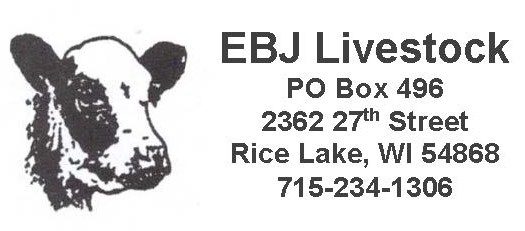Soon, one of these neighbors files a nuisance lawsuit against your operation that the odor from the calves constitutes a nuisance.
Sadly, this situation is not uncommon in the U.S. Lawsuits are frequently filed against agricultural operations for odors, dust, blowing hay, manure runoff and noise. These suits threaten not only the farmers and ranchers involved but also our nation’s food supply.
Recognizing this, legislatures in all 50 states have enacted statutes, known as right-to-farm laws, that protect a farmer or rancher in these types of situations if certain conditions are met.
Although the details of the laws differ by state, each statute serves as a defense for a producer facing a nuisance lawsuit.
Every farmer and rancher should review and understand the law in his or her state to ensure that, if at all possible, their operation is protected. When reviewing right-to-farm laws, it is important to understand the following rules in your state.
-
To whom does the statute apply? Most right-to-farm statutes provide a definition of the agricultural operations to which the statute applies.
Most cover traditional farming operations like cultivation of the soil and breeding and raising livestock, but certain definitions are much broader.
For example, New Mexico’s definition includes manufacturing livestock feed and operation of roadside markets. Alaska’s definition includes timber harvesting, manufacturing and processing. Hawaii’s law protects farmers’ markets, and Nebraska’s protection includes grain elevators and warehouses.
-
What claims does the statute bar? All right-to-farm statues offer protection from nuisance suits, but it is important to understand if the applicable statute also applies to trespass suits.
A nuisance suit involves the interference with one’s use and enjoyment of his or her property, while trespass suits involves unauthorized entry onto property.
Oftentimes, a plaintiff might bring both claims, and it is important to know if the defense is applicable. Many states, including Oregon, Texas, California and Hawaii, have found the defense to apply to both types of claims.
-
Does the statute require compliance with generally accepted practices? Some statutes, including those in Michigan and New York, offer protection to farmers who comply with generally accepted agricultural practices.
In these states, producers must know how generally accepted practices are defined and should attempt to comply with them.
-
Is there a time in operation requirement? Many statutes require that the agricultural operation be in existence for a certain time period before the statutory defense is available, but these requirements differ among states.
Montana and Wyoming require only that the agricultural operation be in existence before the plaintiff possessed his or her property.
Idaho requires that the operation be in existence one year before suit is filed, Oklahoma requires two years, and California requires three years. Finally, some states like Rhode Island have no such durational requirement.
-
How does the statute address changes in operation? Producers must know how changes to their operation – be they changes in technology or new agricultural activities – will impact their right-to-farm protection.
For example, in Colorado “employment of new technology” cannot constitute a nuisance. Missouri allows “reasonable expansion” to an operation. Other statutes, however, do not offer these protections.
In Texas, if a wheat farmer were to change to a cow-calf operation, nuisance claims against the cow-calf operation would not be prohibited for the first year of existence.
-
Does the statute allow for attorney fees? Even if successful, defending a lawsuit is expensive. Some right-to- farm laws, such as Michigan and Texas, award attorney fees to the successful party, but others like Virginia contain no such provision.
- What are the limitations? Right-to- farm laws are not absolute. Most statutes provide that the protection may not be used if the farm operated in a negligent manner or violated state or federal laws, such as the Clean Water Act.
Right-to-farm statutes can be an extremely important tool for farmers defending against nuisance lawsuits. It is critical that each producer be aware of the specific law in his or her state. ![]()
Tiffany Dowell is an assistant professor and extension specialist with Texas A&M.






